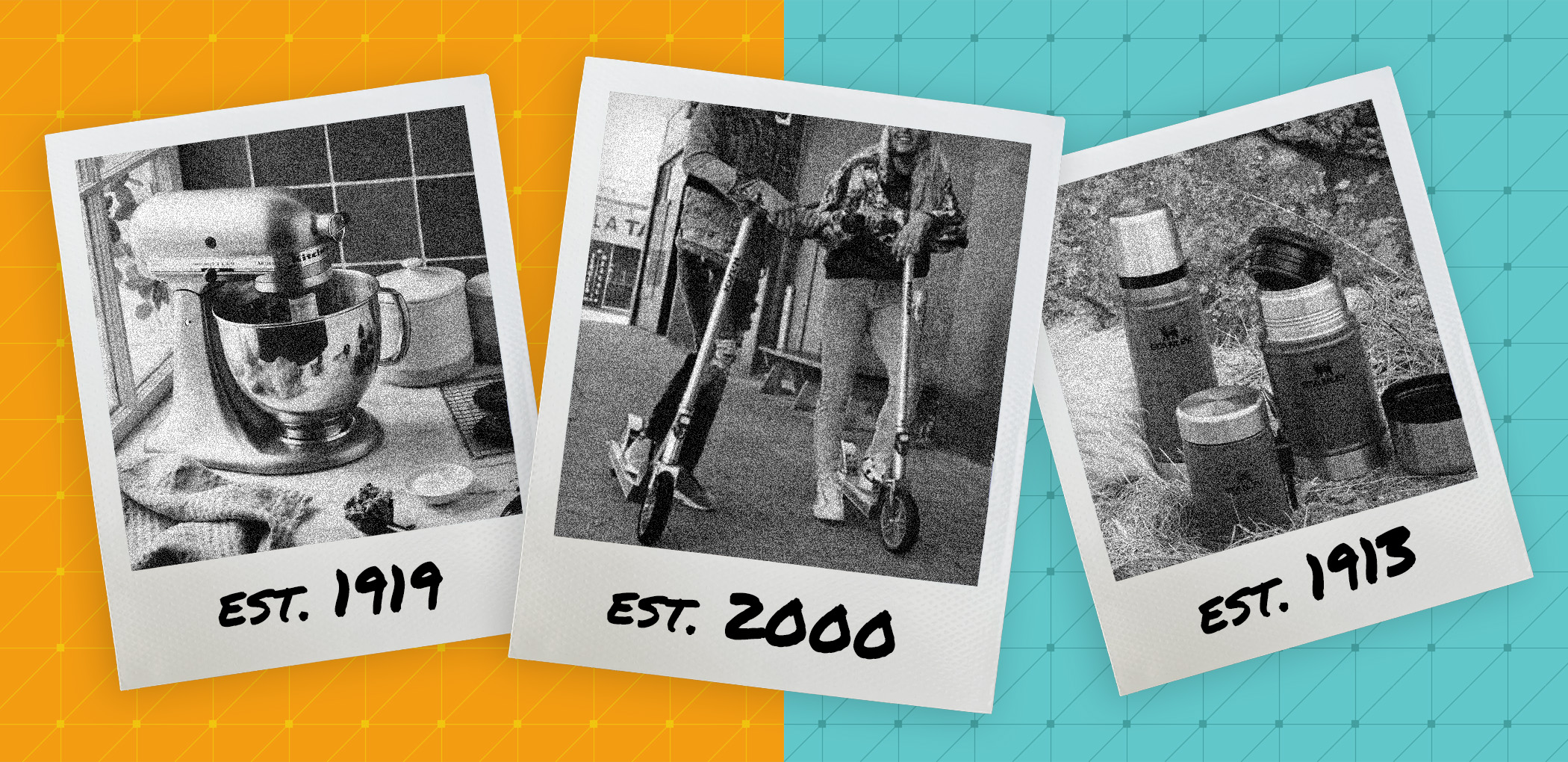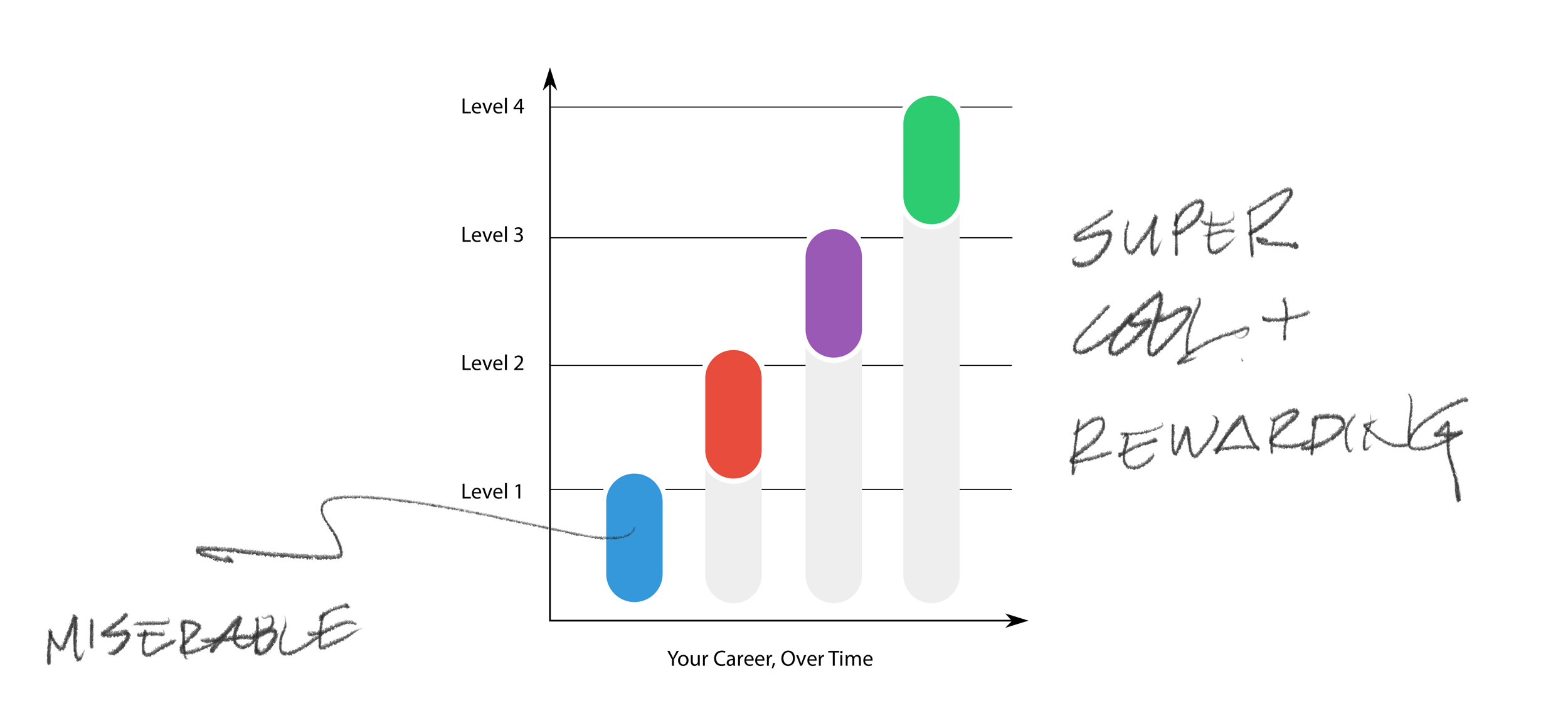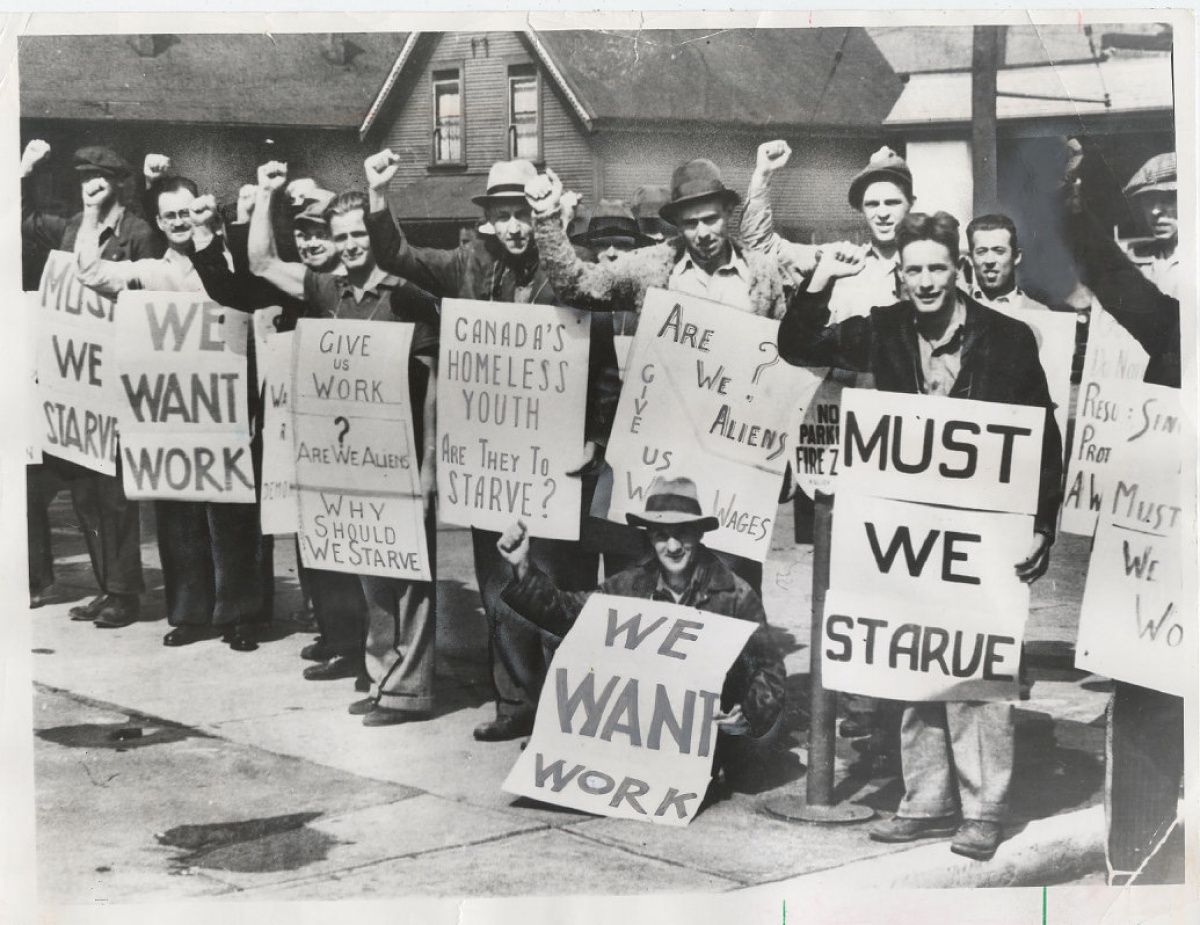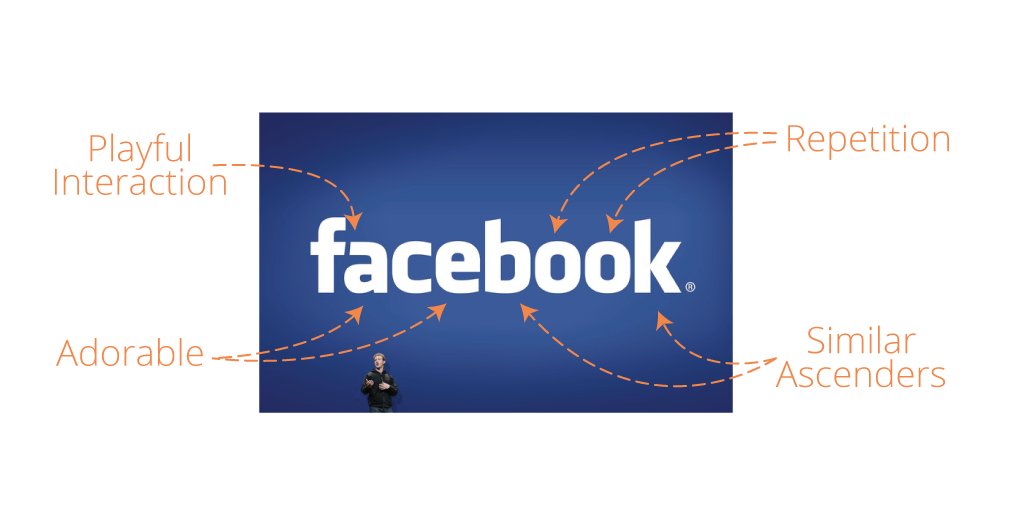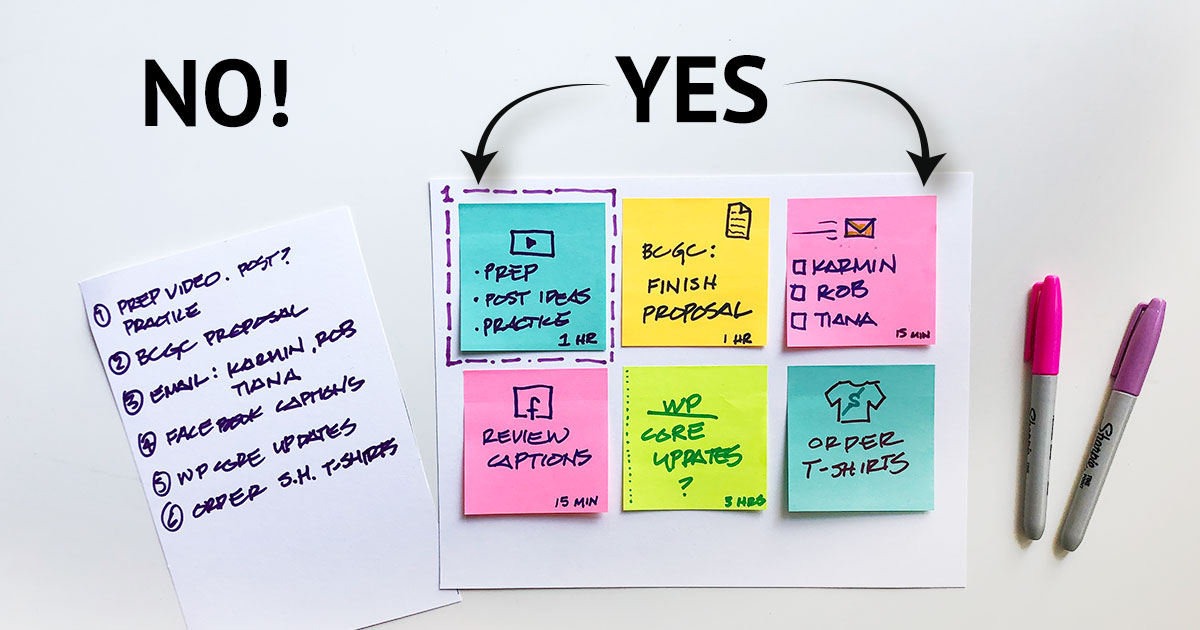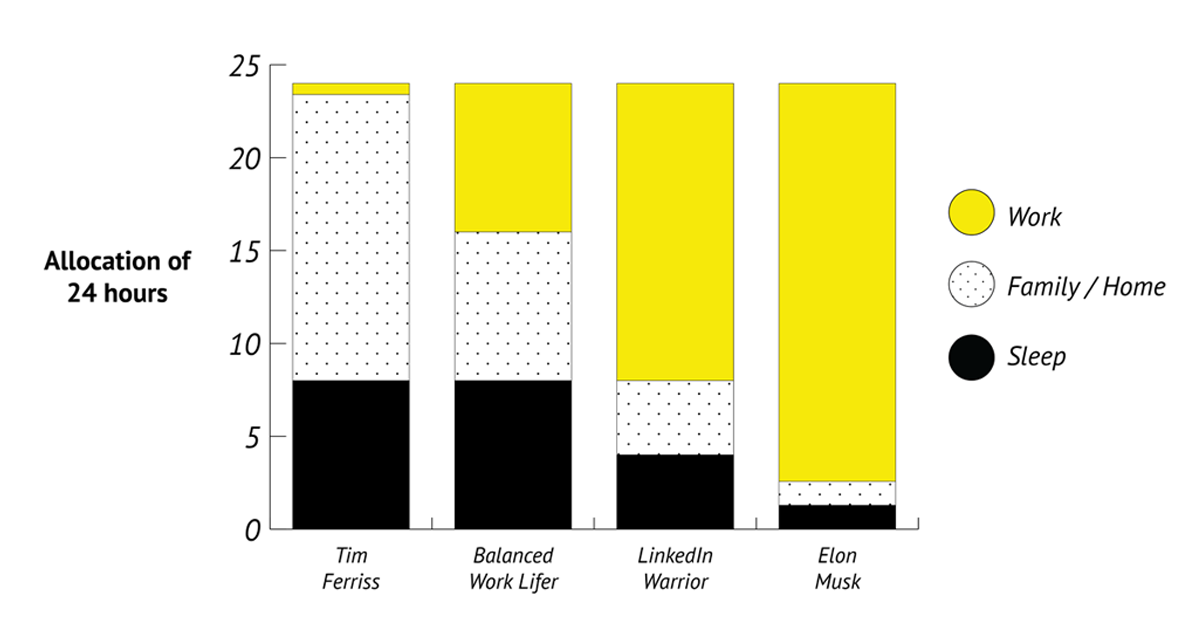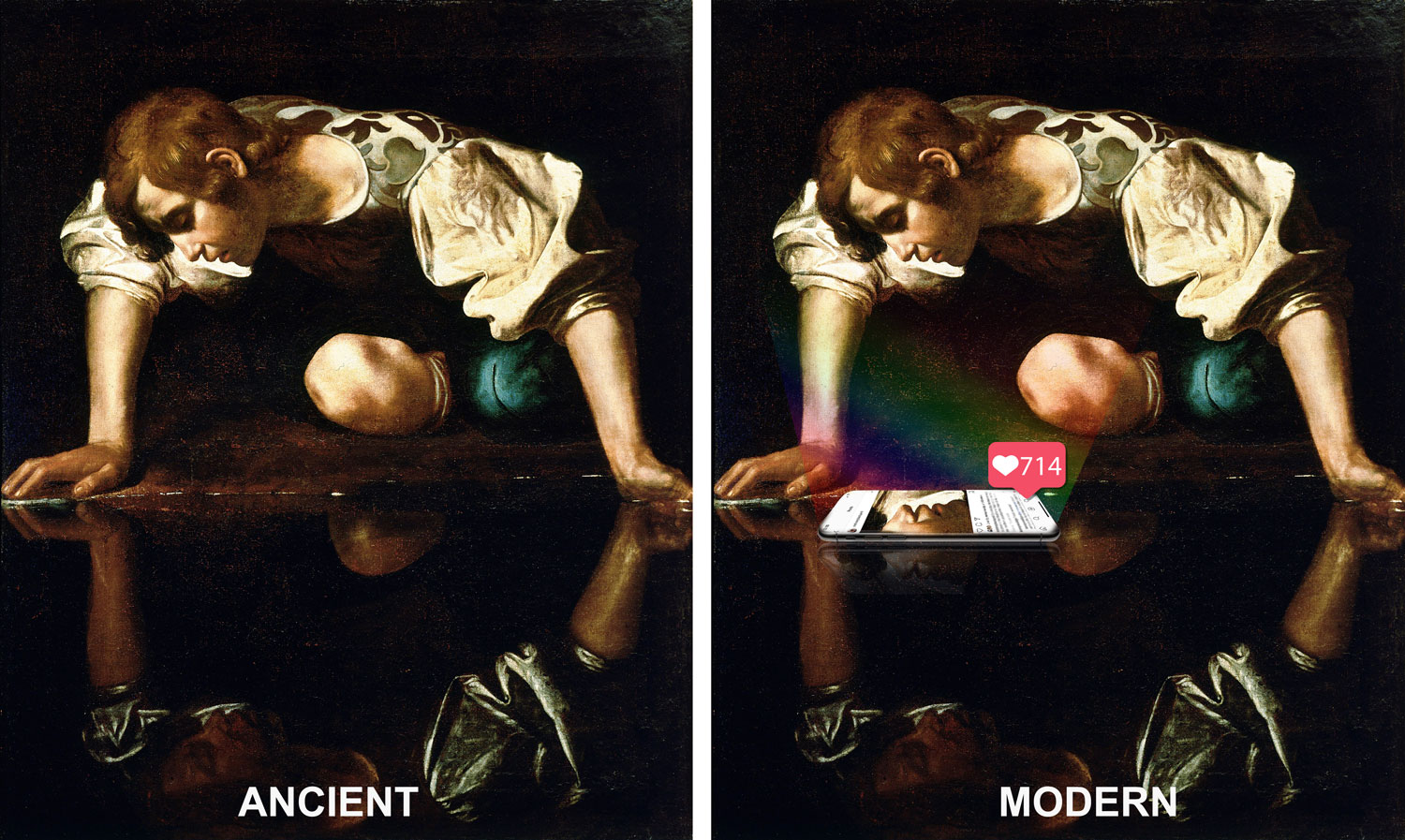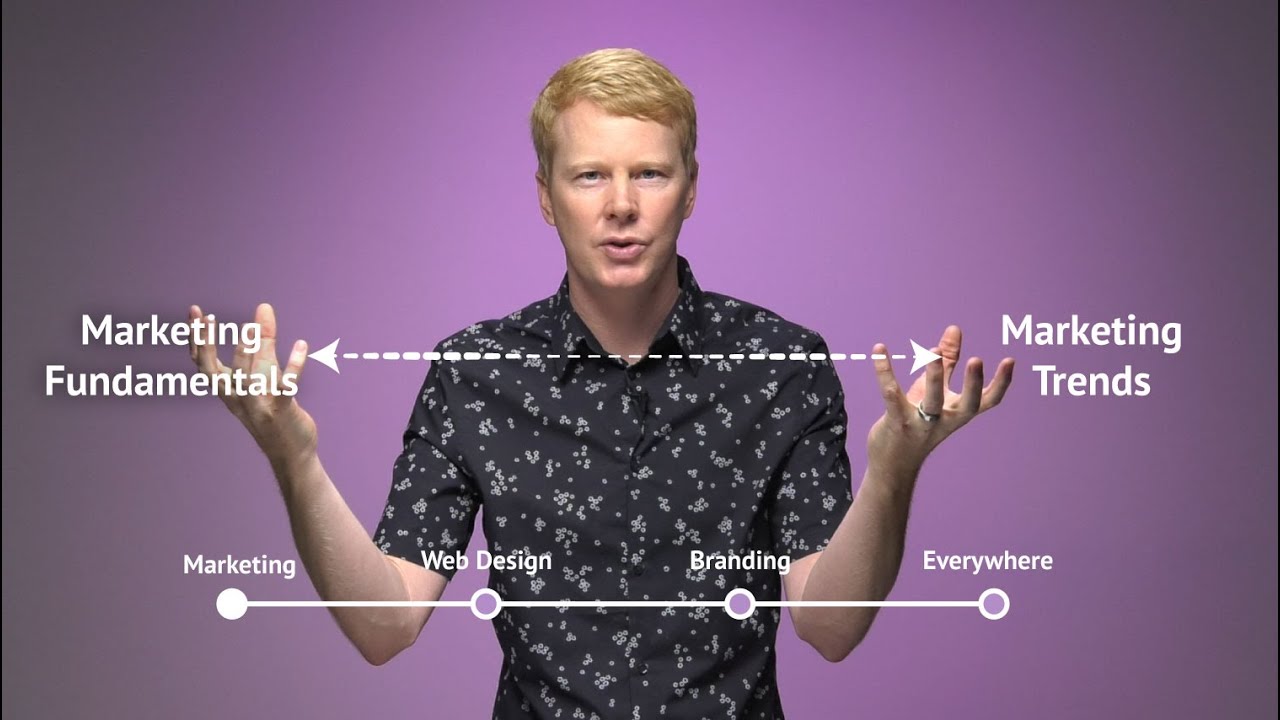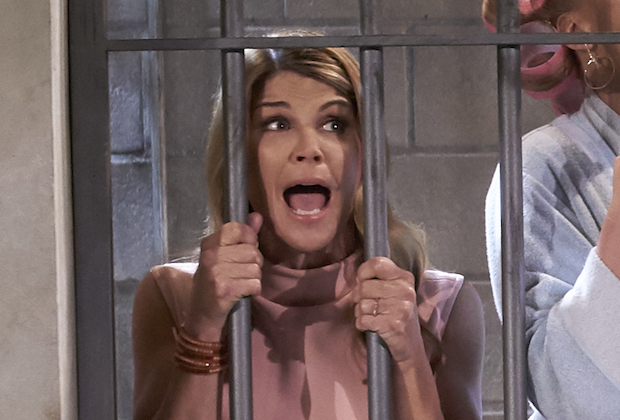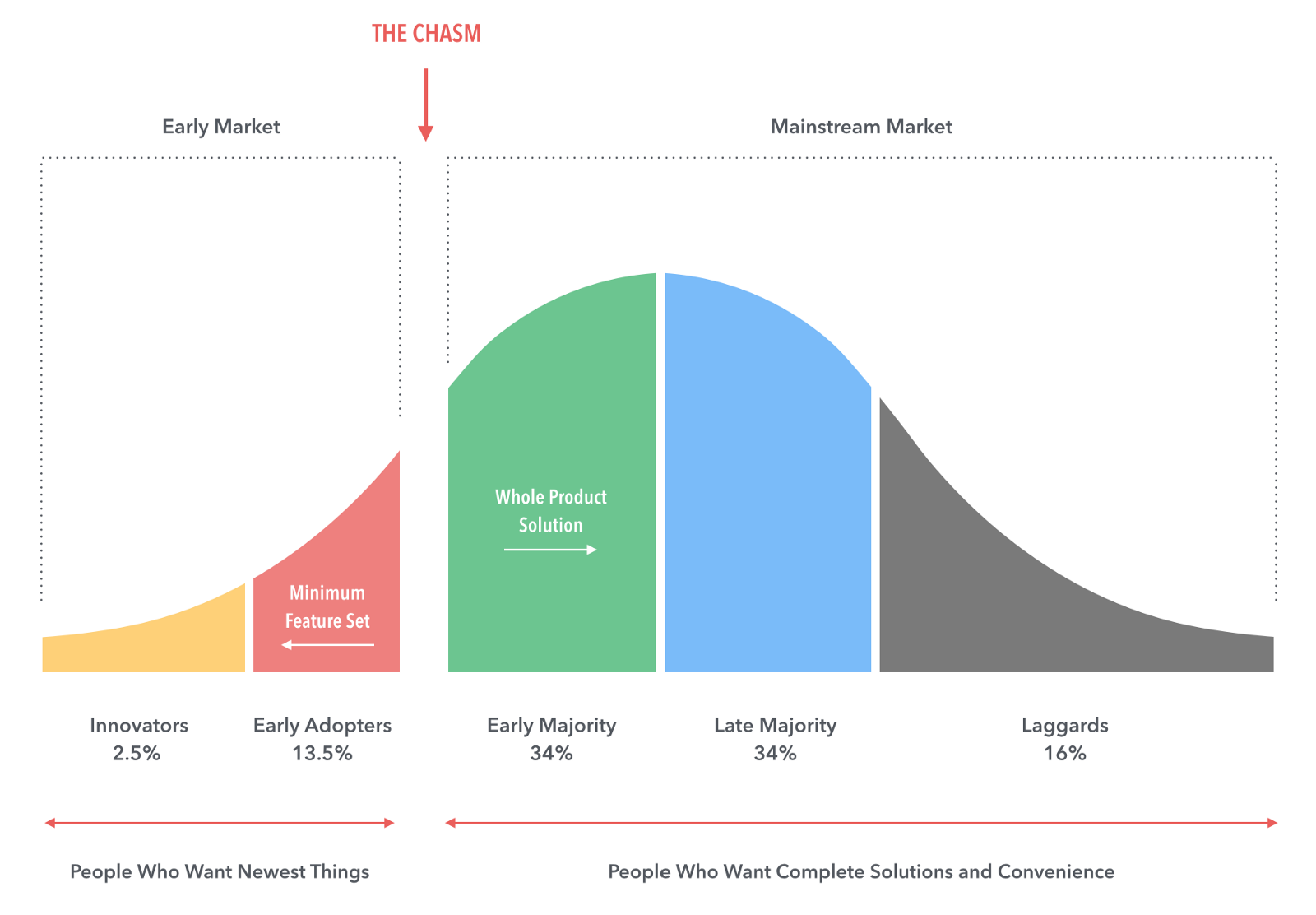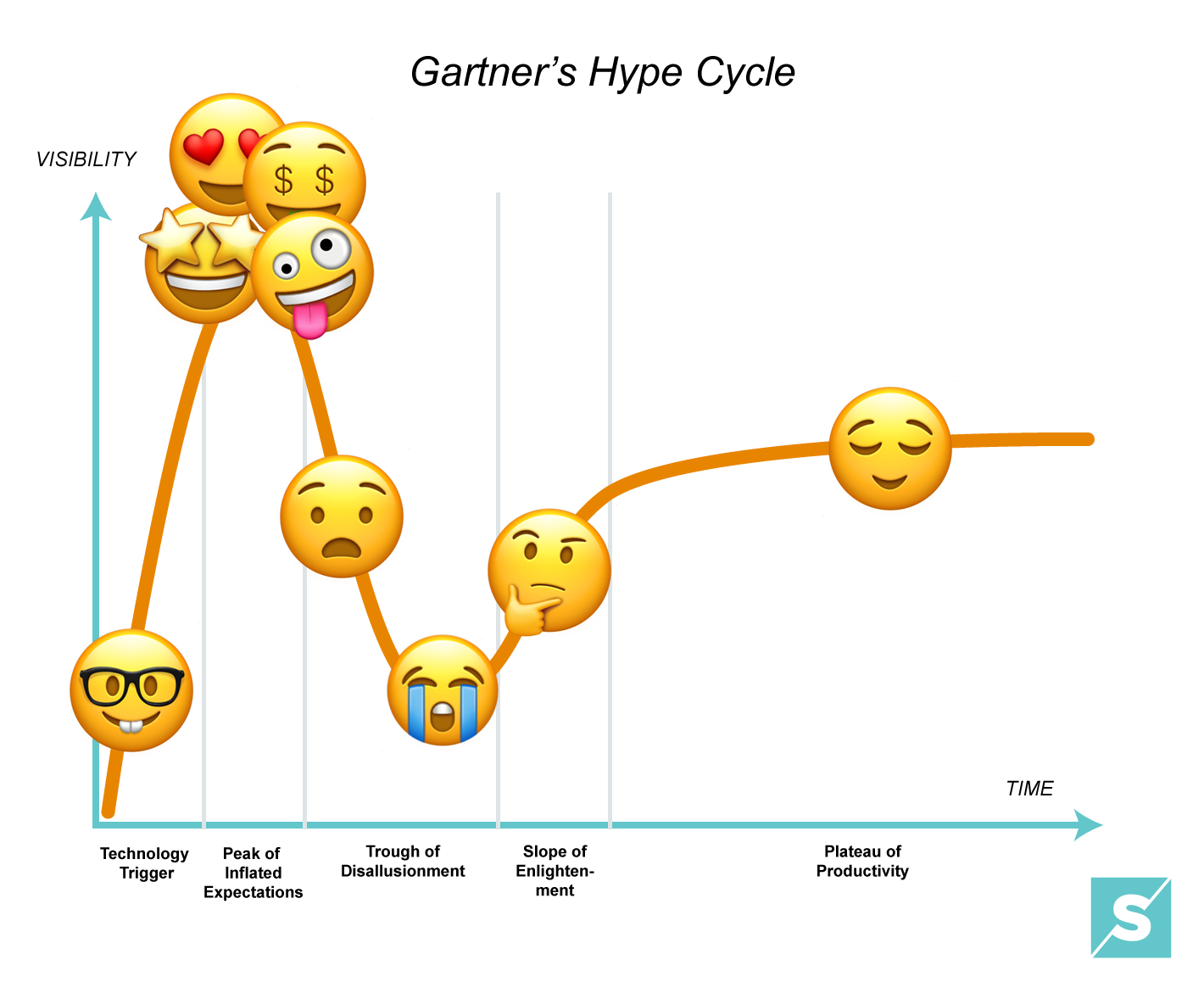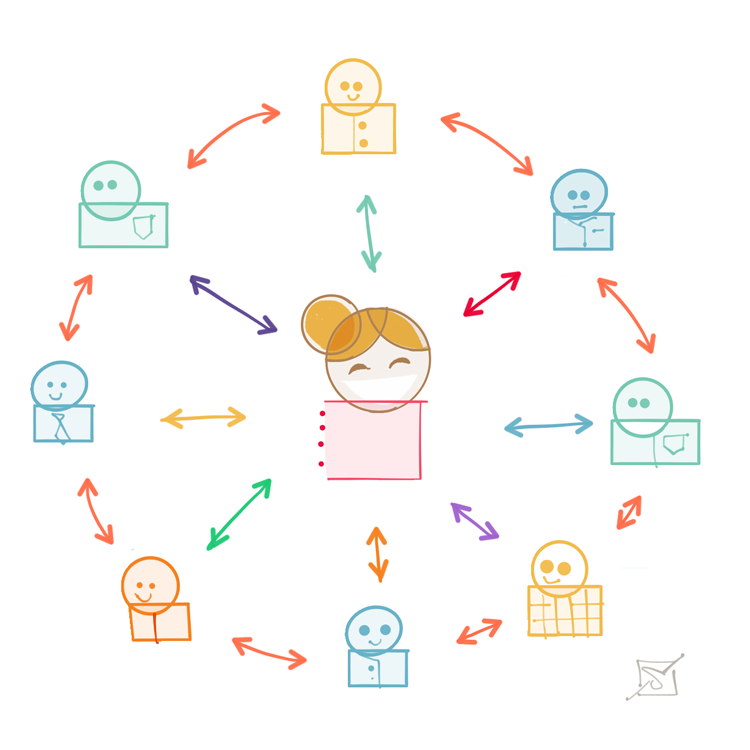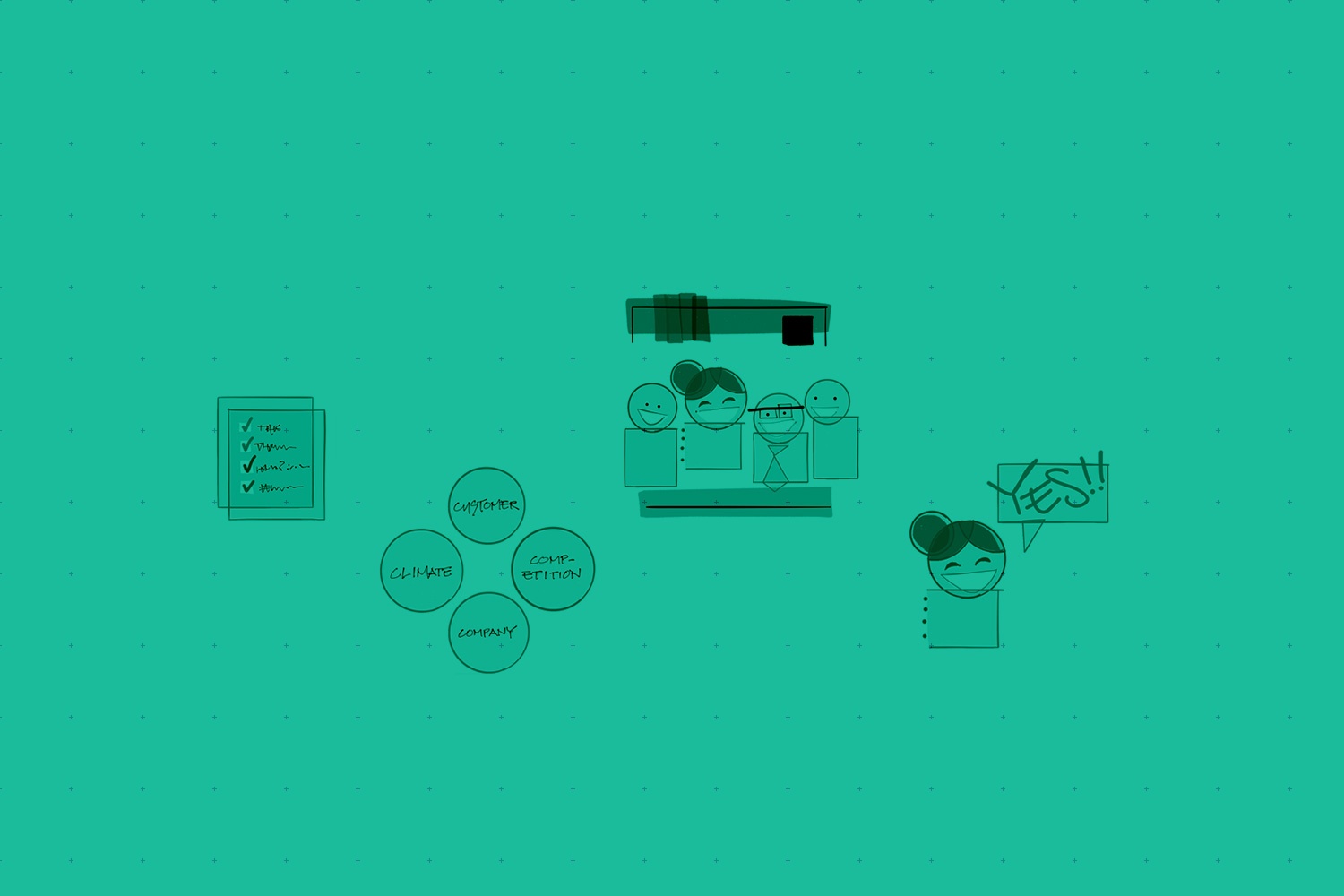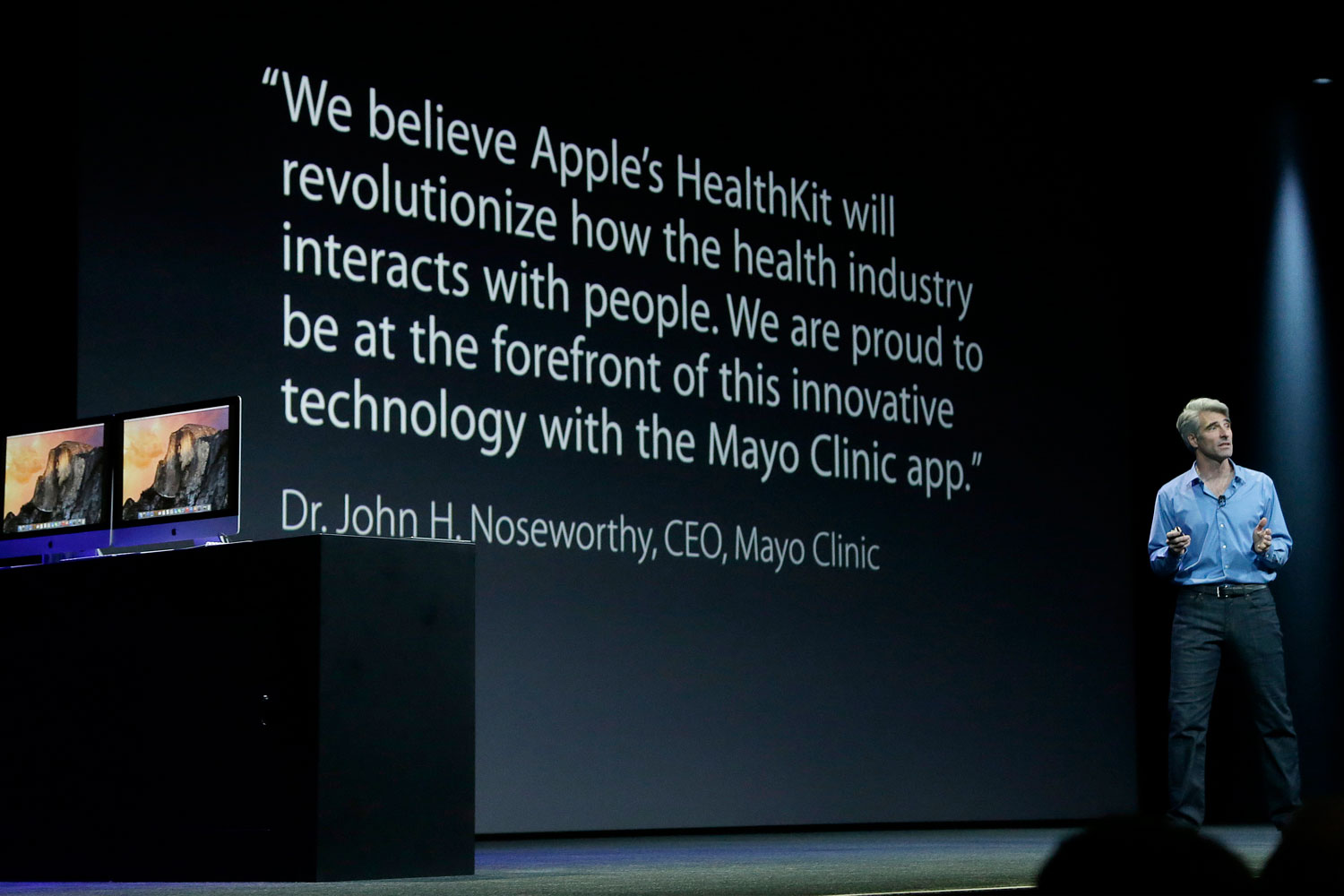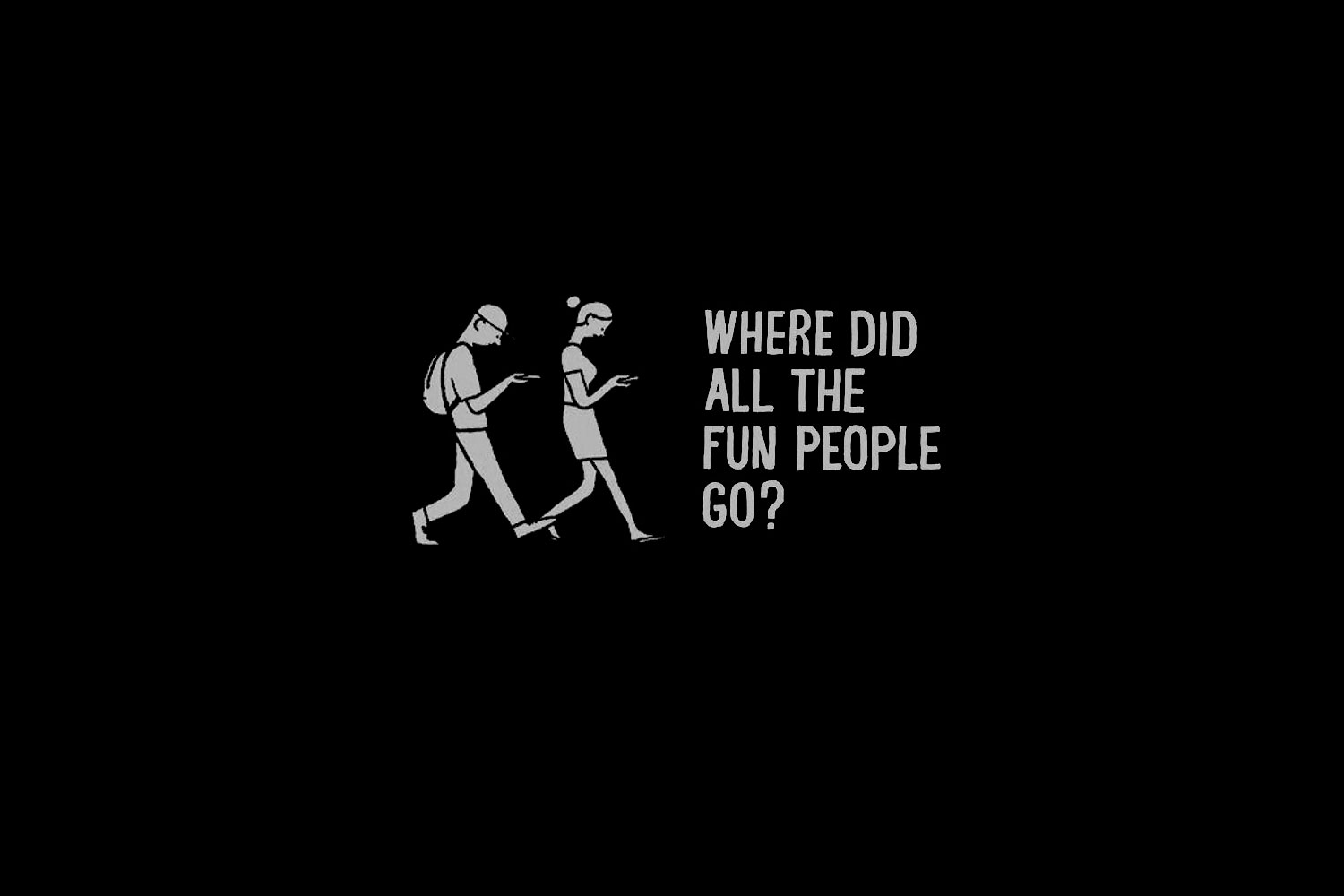Pastor Andy Stanley shared something on his podcast that I can’t get out of my head. He was talking about personal relationships in his series called "Starting Over." Andy shared that if you have a string of failed relationships (marriages, dating, etc.), it’s easy to look back and point to everything that was wrong with each of those people.
Usually, there is an audience of friends who will listen to your relationship stories, and nod along with you an agreement. "Yes, the breakup was their fault, not yours."
Then Andy dropped a bomb. If you are honest, there’s one constant in each of those failed relationships: you. You picked them, you dated them. You were there. How much of the failed relationship is your fault? Until you answer that question, nothing else adds up.
...you have to come to a point life where you must accept personal responsibility for the stories that surround you.
Your next relationship won’t be any better. It’s just the next breakup waiting to happen. His argument was that you have to come to a point in life where you must accept personal responsibility for the stories that surround you.
Blame at Work
This same principle holds true in professional relationships or your professional journey altogether. It’s easy to blame old bosses. It’s easy to blame your employees. It’s easy to blame your accounting department, your suppliers, the government. There is an endless list of people and circumstances that you can blame for your problems and failures.
But how much of those failures was your fault? Until you answer that question, nothing else adds up. Your next job won’t be any better. It’s the next failure waiting to happen.
Here’s some common workplace scenarios that illustrate my point.
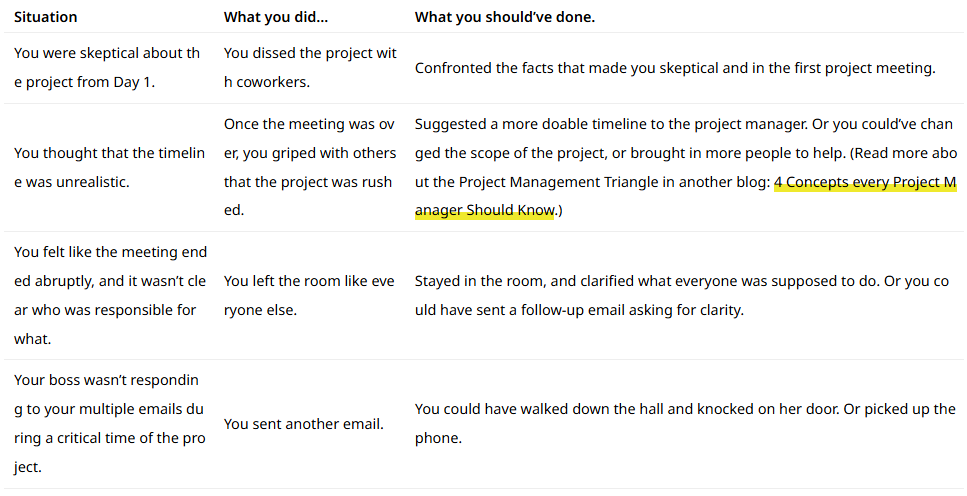
If you are in charge of a team, it’s even more critical for you to get this right. Here’s something that I want you to try...
Leaders: How to Create a Culture of Accountability at Work
Whenever we are trying to create change in an organization, people often look to training. Everyone on staff gathers in a room, watches videos, talks through concepts, and then you roll out a policy that solidifies the change. Sometimes training works, other times it cannot.
I prefer catalysts. In a small, controlled environment, you do things differently. Here's an example of a catalyst for moving away from blame, and towards accountability.
Let’s say you just wrapped up an intense project with significant time pressure. The product shipped, but everyone feels damaged. People are fatigued, and there is unresolved tension between members of your team.

Once everyone has their lattes and snacks (on the company card), have everyone write down answers to these questions:
- What went right with this project? What went wrong?
- What was out of our control that made this project more difficult?
- What was in our control that we could’ve done better?
- How could I have done better?
- What kind of support will I need from everyone else on the next project so that it goes more smoothly?
Here is the key to the success of this time together at the coffee shop. You are the boss--you go first. You write the answers, then you share them with everyone on your team. Your level of honesty will set the tone for the rest of the meeting. These are the kinds of things your team need to hear you say out loud:
"What was in our control that we could’ve done better? I should’ve pulled the team back together when the scope of the project changed. At the beginning of the project, we all knew what was most important. But halfway through, there were three things that all seemed important, and you all worked very hard on what now seemed impossible."
"Had I scheduled that meeting and we narrowed our focus to one priority, then we could’ve been more successful. It was an easy solution, and I missed it. I’m sorry about that. I am glad the project shipped, and that’s a testament to each of your hard work and talent, but it didn’t have to be this hard. Next time, if you see this coming again, let me know. I am giving you permission to call me out.”
☝️If you have this level of honesty, you are going to see everyone around you put at ease. You will watch their physical posture change. You will have a productive, soulful conversation that will never be known to a group of blamers. And without a doubt, your next project will be more successful.
One last word before I wrap this up. I’m to the bottom of my second cup of coffee, and I have clients who need me. If you’ve made it this far in the blog, and you agree with the principle here, but you believe that it won’t work in your company because this kind of honesty would blowback on you, then it’s time to look for a new job.
This is your life, and what you do at work is a part of your life story. Why would you waste another day of your precious life with dishonest, cowardly people?
PS: If you liked this, come back next week on a similar topic... "4 Signs of a Dysfunctional Workplace"




